The Running Dogs of War: Malayan Emergency 1948–1960
The Malayan Emergency (1948-1960) was a guerrilla war between British forces and communist insurgents in Malaya. Sparked by communist demands for recognition and fueled by Maoist propaganda, the conflict saw brutal hit-and-run tactics. British strategies, including forced resettlement, gradually quelled the insurgency. The war ended following Malaya’s independence in 1957, with the emergency officially declared over in 1960.
Authors
Meet the Author
Gerry van Tonder
Description
From the 18th century, Britain had set up trading establishments in Penang on the west coast of the Malaya peninsula, and on May 1, 1791, the Union Flag was raised at Penang for the first time. In 1819, Sir Thomas Stamford Raffles founded Singapore—described as the ancient maritime capital of the Malays—as a British colony on the southern tip of the archipelago, deserving “its attention to the commercial and political interests of our country”.
By 1921, 1.3 million acres of Malaysia was under rubber, mainly on the Malayan peninsula. Of this acreage, expatriate Europeans owned 75 per cent of the large, estate plantations. By 1940, this had spread to over 2.1 million acres.
When the Malay sultans rejected Whitehall’s proposals for a Malayan Union in 1946, the powerful and well-organised communist party clamoured for greater recognition of the part they played in the future of the Far East. Successive attempts by the British to devolve greater political and administrative independence to a union of Malay states and islands were also shunned. Printed Maoist propaganda exhorted Malaysians to:
“Rise up quickly, gather your strength, inspect your troops, use your sword and pistol, put an end to the efforts of the militarists, and overthrow the murderous policy of British imperialism. Establish a Soviet Government of labourers, peasants, and soldiers. We must unite all Malays, Klings, and Indians, and rise up. Long live the success of the world revolution”.
At first light on Saturday, April 10, 1948, British army troops and Malayan police conducted an ‘anti-bandit’ operation into an area of North Perak, on the border with Siam. Intelligent sources had indicated that up to 400 ‘armed guerrillas’ had established themselves in the border jungles between the two countries. Subversion was found to be total. The guerrillas had formed a government in the area and were extorting taxes from the people. Levels of intimidation were such that the villagers refused to cooperate with the authorities by identifying their Chinese Communist masters. Two months later, escalating guerrilla activities forced the British administration to declare a state of emergency in Malaya. About 90 per cent of the communist terrorists, or CTs as they would commonly be called, were ethnic Chinese, the balance mainly Malay and Indian, with one or two Siamese, Japanese and Javanese. Generally young, the CTs were jungle habituated, attuned to the lay of the land in which they operated. Hardened survivalists, they understood deprivation and the necessity of living off the jungle. Their fieldcraft and tracking skills were, for the majority, second nature in the familiar environment.
The CTs employed simple tactics in the model of Mao Zedong’ s rural revolution: swift, random, hit-and-run attacks that were brutal in the extreme. Murder and terror would be the norm. The CTs’ biggest advantage in the jungle battleground was the element of surprise, where ambush-encompassed killing zones could be meticulously laid out for optimum results.
In 1950, Chief of the Imperial General Staff, Field Marshall Bill Slim, appointed Lieutenant General Sir Harold Briggs KCIE, KBE, CB, DSO and two Bars, as Director of Operations in Malaya. The retired Briggs was a Second World War veteran of the Western Desert, East Africa, Persia and Burma theatres of war.
His name would become synonymous with the forced resettlement of rural populations into guarded internment camps in Malaya to deprive the insurgents of local support such as food and intelligence. Likely a strategy copying that employed so tragically by the British during the Second Boer War in South Africa, in later years Briggs’s model of isolation through collectivisation of a rural population would be emulated by Portugal in her African colonies, called aldeamentos, and by the widespread construction of protected villages by the Rhodesian government during that country’s counter-insurgency war of the 1970s. A legally questionable strategy, it was to be a major contributing factor to Britain’s victory over the MNLA.
As early as 1950, it had already become apparent to the British media that, by simple interpretation of the statistics, Britain’s fiscus was under tremendous strain putting out fires in, among others, Palestine, Berlin and Malaya. Military success measured in terms of kill rates as a ratio to loss of own forces made uncomfortable, if not pitiful, reading. Public opinion, therefore, tended to agree with Commissioner General Malcolm MacDonald who was quoted as saying, “Only a fool would say the situation is getting better,” a comment that was at direct variance with that of the late High Commissioner Sir Henry Gurney who believed that there was no doubt that the government was making good progress in the ‘the bandit war’.
There was no ceasefire. ‘Running Dogs’ was the derogatory term used by the Malayan communists when referring to the British and those of the colony’s population who remained loyal to Britain.
With the independence of Malaya on August 31, 1957, the communists’ raison d’être for their ‘liberation struggle’ evaporated. The last significant engagement with CTs took place in a swamp in the Telok Anson area of Perak in 1958, resulting in the guerrillas surrendering. Small, scattered groups of CTs sought refuge across the Thai border and beyond.
On July 31, 1960, the state of emergency was declared over. Chin Peng left Thailand for Beijing, where the Chinese International Liaison Bureau provided him and other Southeast Asian revolutionaries with a roof over their heads. Britain, the lesson learned, sensibly stayed out of Vietnam, electing instead to concentrate on NATO and the Cold War threat in Europe.

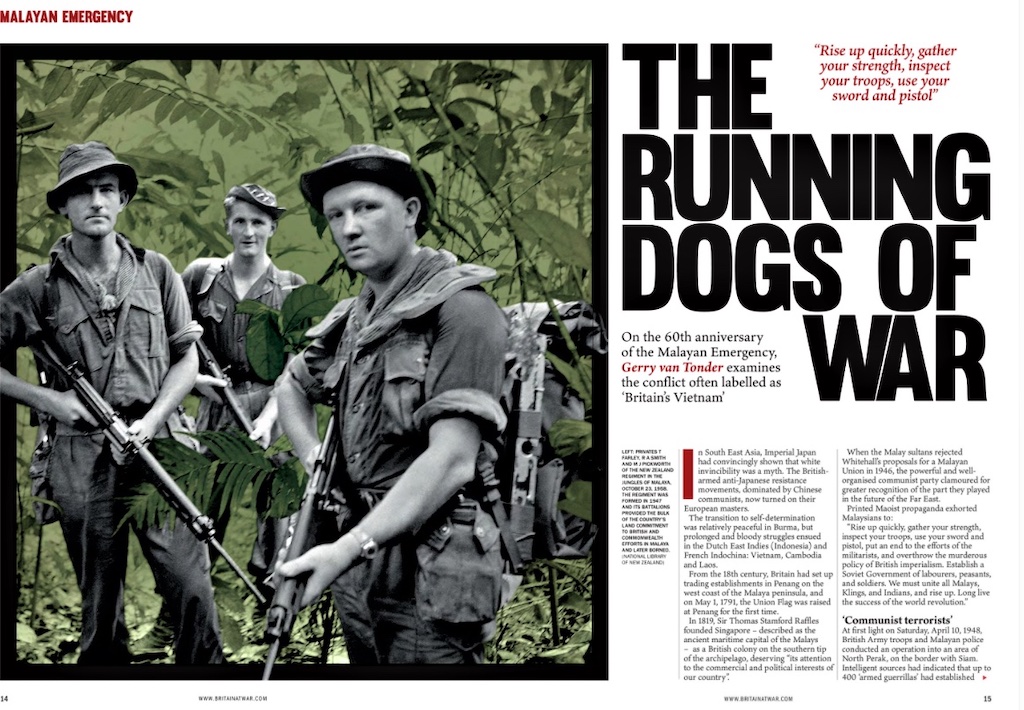
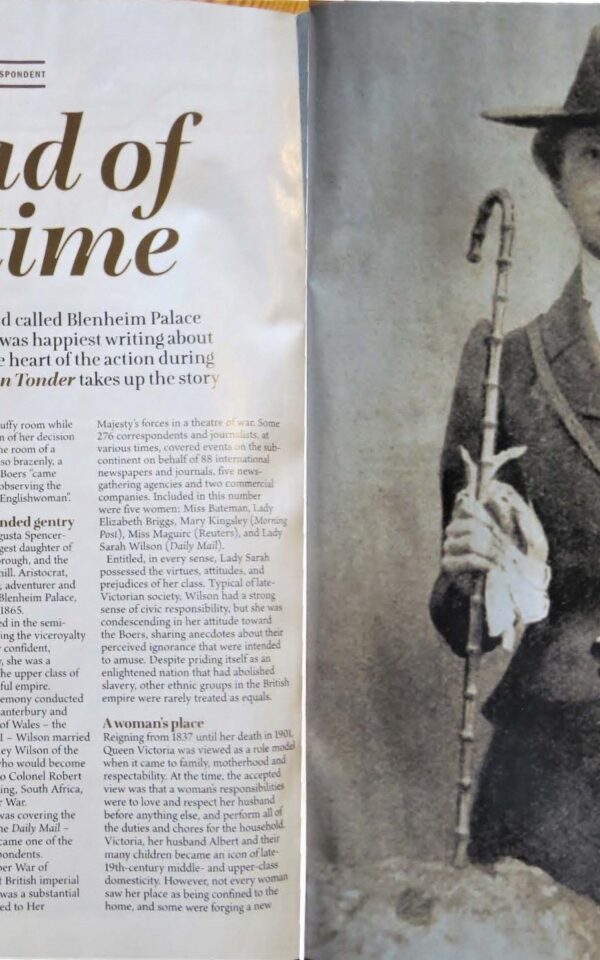
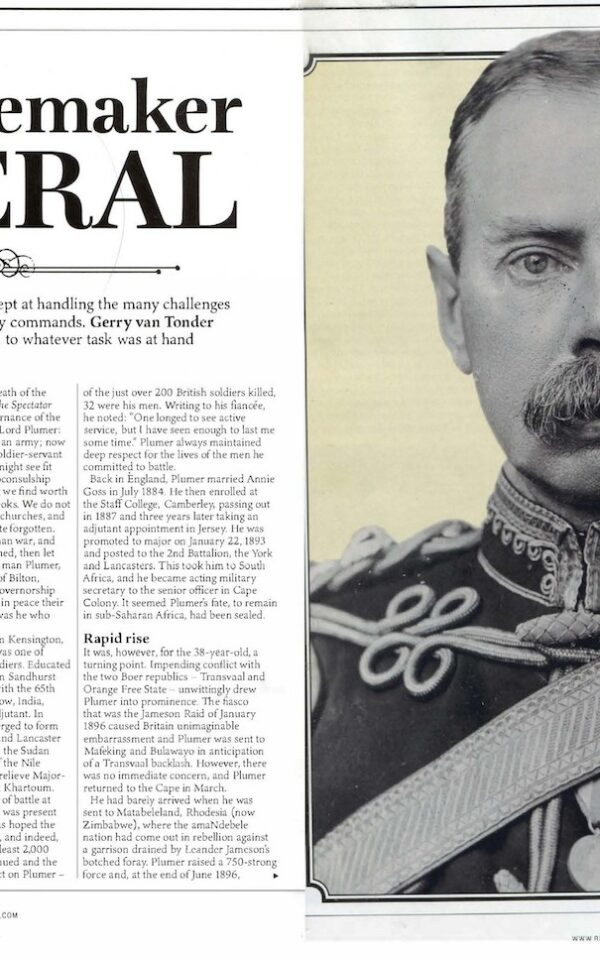
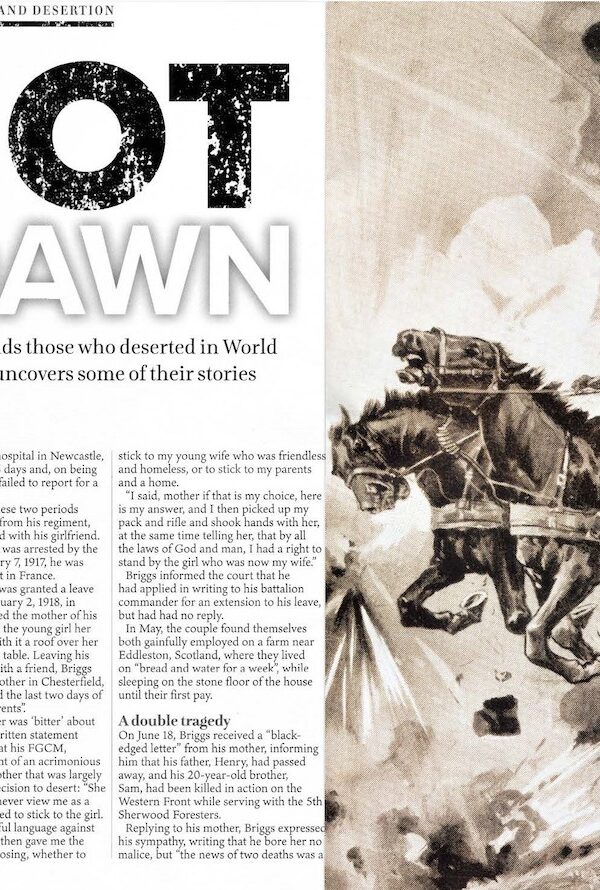
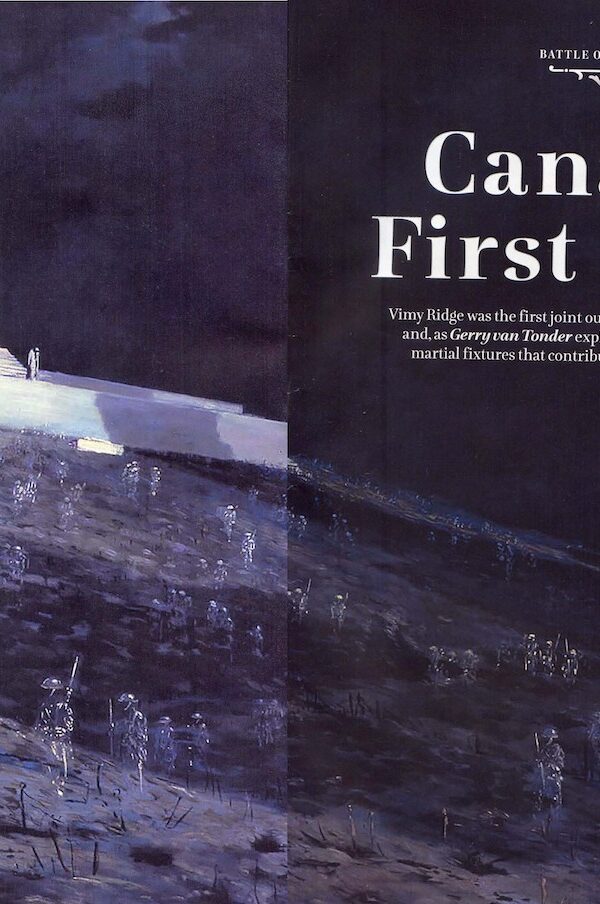
Reviews
There are no reviews yet.